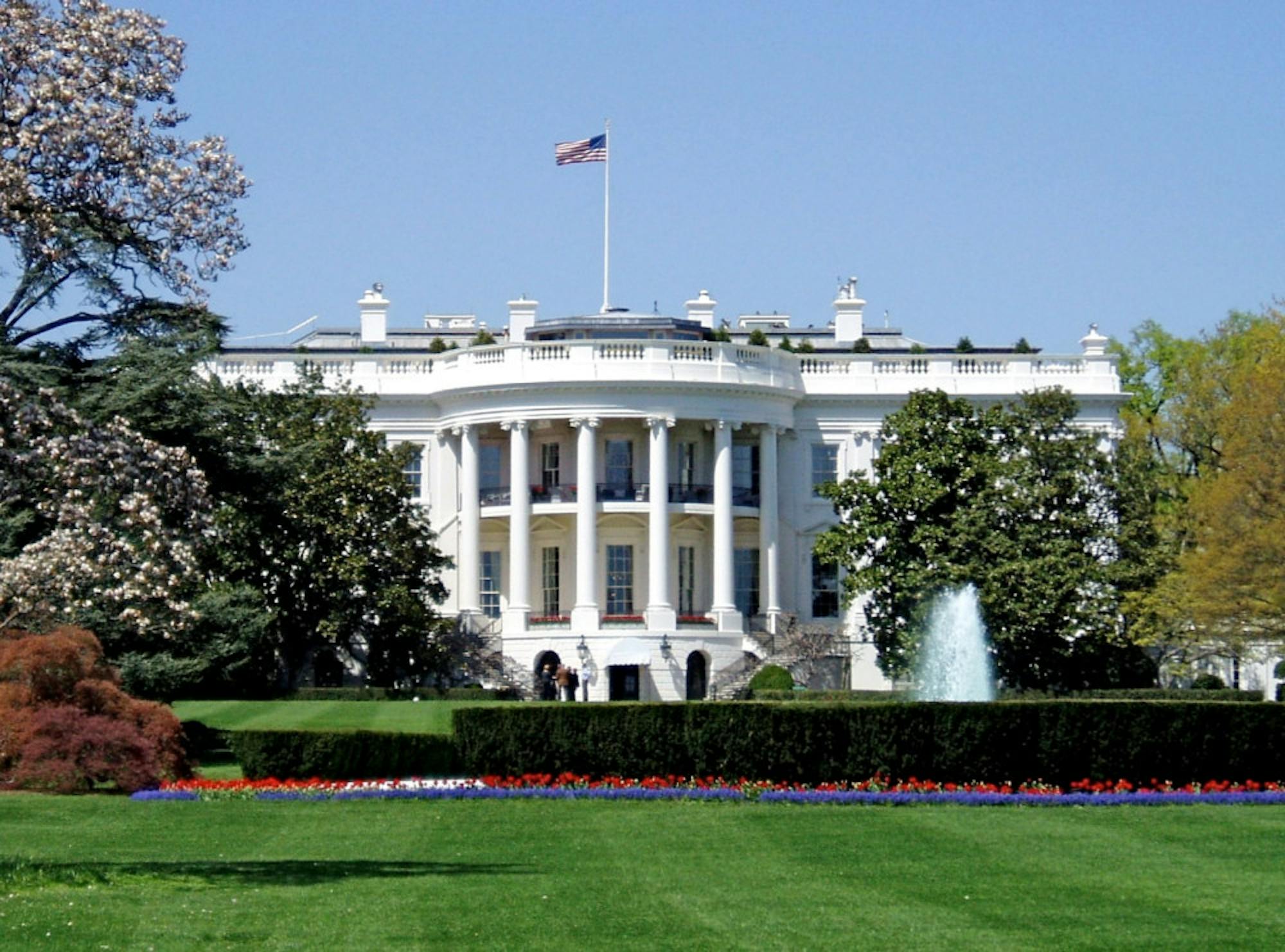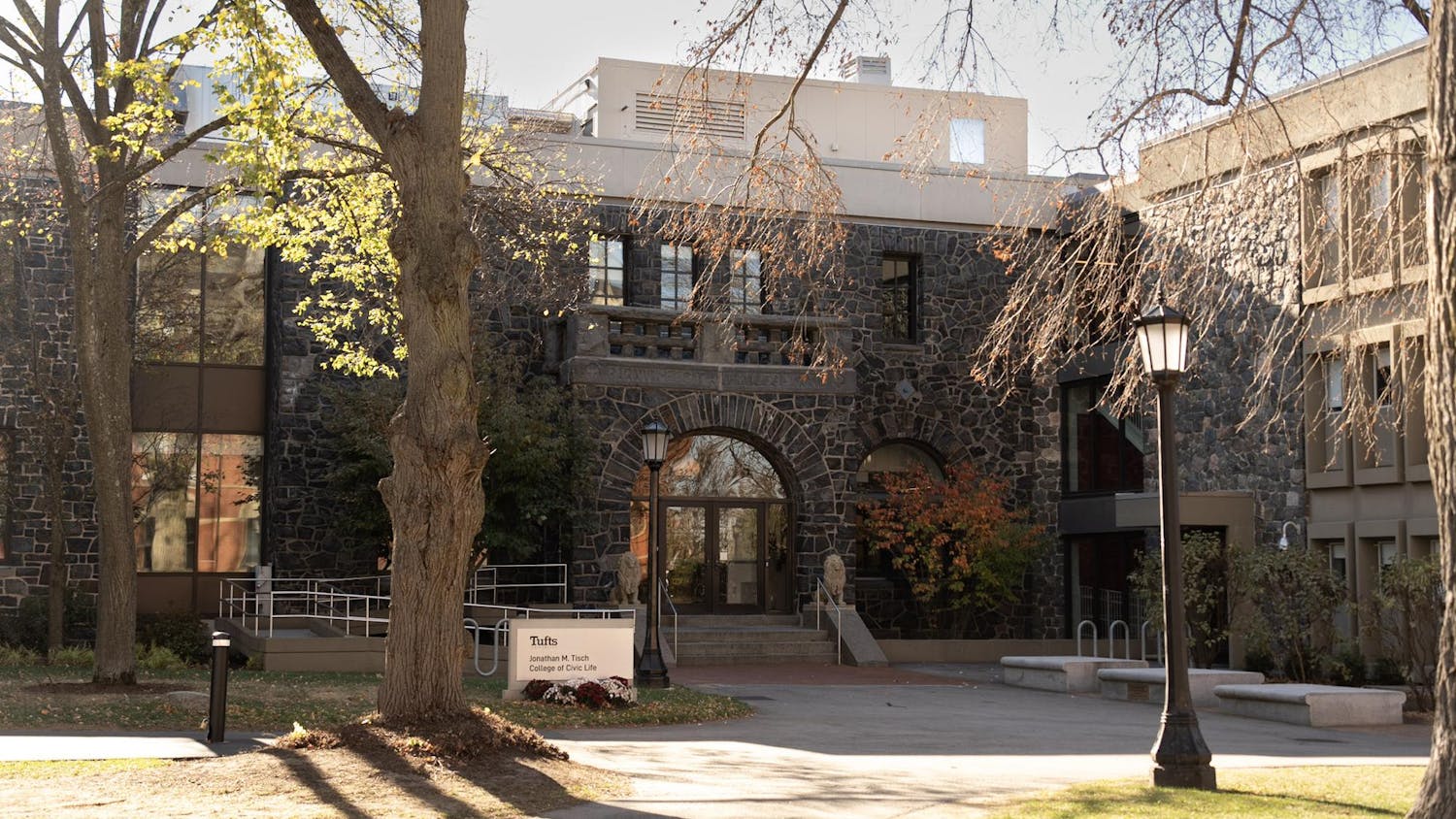The Jonathan M. Tisch College of Citizenship and Public Service will host a Civic Learning and National Service Summit in partnership with the White House to discuss civic engagement and active citizenship on Oct. 16.
The White House announced the summit along with a series of initiatives designed to promote community service, civic engagement and active citizenship during the AmeriCorps 20th Anniversary Celebration on Sept. 12, according to Alan Solomont (A '70), the Pierre and Pamela Omidyar Dean of Tisch College.
Solomont said he believes that Tufts was selected to host the summit because of Tisch College’s achievements in promoting these initiatives.
“A good deal of this is a result of the fact that the research arm of Tisch College, which is led by Peter Levine ... is probably the nation’s leading authority on civic engagement,” he said. “We study the benefits, the communities [and] the individuals that participate in democratic life.”
The purpose of the summit is to develop strategies for engaging policymakers and higher education on strengthening civics in America, Solomont added.
“We want to answer the questions of what higher education can do to promote civic engagement, what government policies can we suggest, what practices among universities can we suggest, how can we measure civic engagement of colleges and universities and how can we encourage institutions that fall behind and reward institutions that are leaders,” Solomont said.
The White House released a fact sheet on Sept. 12 explaining that the summit will address two key topics facing higher education: the value of civic engagement and how to measure and communicate civic engagement commitment and outcomes.
“There has been a conversation in academia about what role higher education needs to play in trying to fix that,” Solomont said. “It banks on a simple premise that American democracy faces significant challenges and that citizens are disengaging from civic life. In the 21st century, higher education has a huge responsibility to respond to that and help steer that in a different direction."
According to Solomont, Tisch College is working closely with the Office of Social Innovation and Civic Participation at the White House, which is run by Tufts alumnus Jonathan Greenblatt (LA '92), as well as groups from the Department of Education to plan the summit.
"We have partnered together to develop an invitation list and to develop an agenda," Solomont said. "Invitations just went out from the White House on behalf of both Tisch College and the administration, inviting folks to this summit."
Associate Dean for Research at Tisch College Peter Levine explained that attendees, including college leaders, experts on measurement and civic engagement and association leaders, will break into working groups and committees to discuss policy. Solomont added that he anticipates approximately 40-50 attendees at the summit.
Levine hopes to choose a target audience upon identifying useful policy recommendations.
“There are a lot of different and important actors, and people at the summit need to decide who to target,” he said. “We could target the executive branch, laws passing in congress, the state level or universities themselves. We will be discussing who needs to do what. One of the jobs is going to be to narrow it down and figure out who the key audiences are.”
Solomont said he believes there is a need to renew civic responsibility and engagement in the United States, and higher education will need to play a major role in such a renewal.
“Today, the percentage of Americans that work with their neighbors to solve a local problem or belong to a civic organization or even follow the news is 40% less than in the 1970s,” he said. “There is a concern across the country that one of the strengths of the American democracy, which is our strong civic health and working with others to solve problems, has eroded steadily over the last few decades.”






